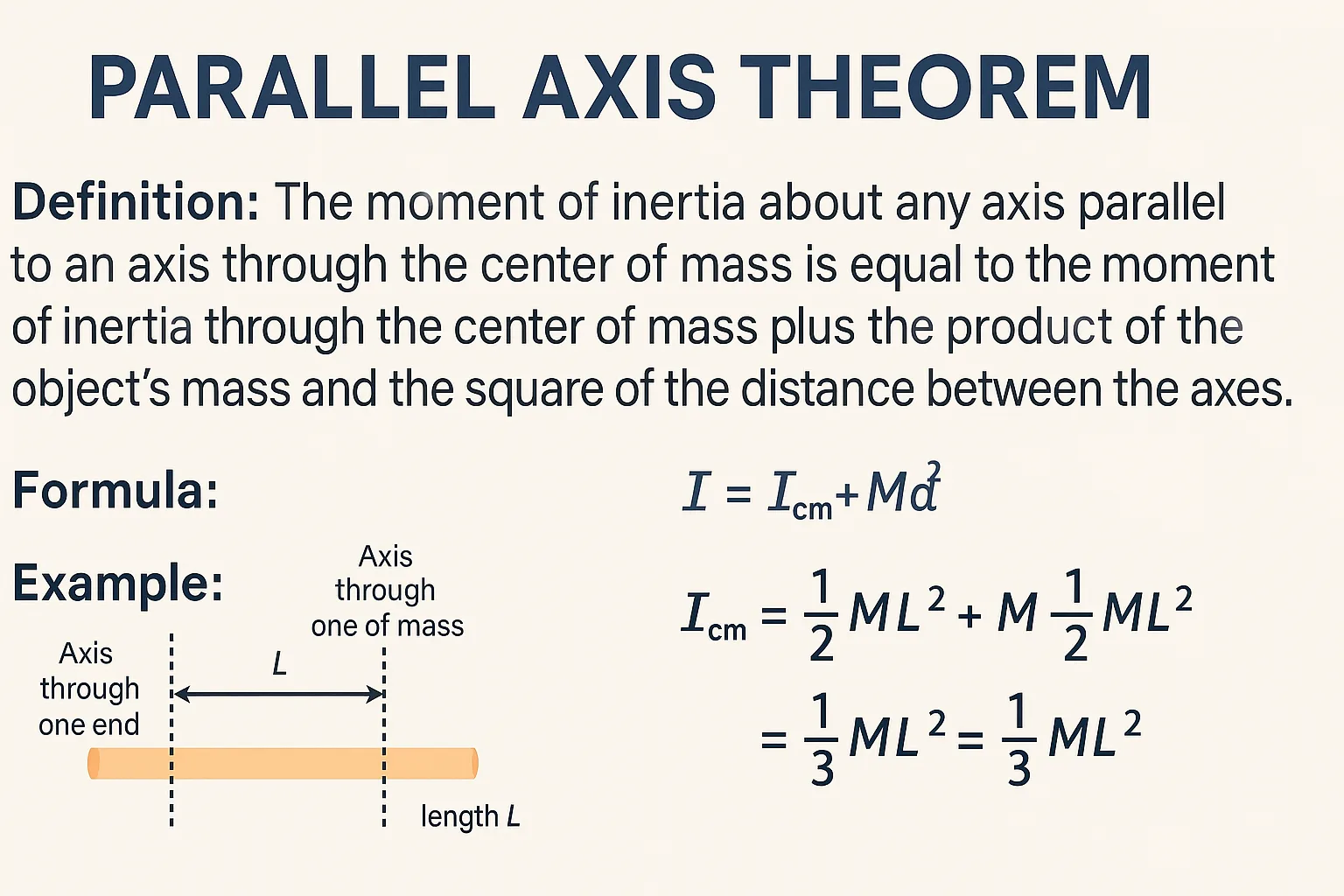Annoy
🔊 US Loading... 🔊 UK Loading...The word “annoy” is a common verb in the English language that describes the act of irritating, disturbing, or causing slight anger or discomfort to someone. It is used in both casual and formal contexts to express feelings of mild displeasure or inconvenience.
Definition of Annoy
General Definition
Annoy (verb): To make someone slightly angry, irritated, or bothered through repeated or persistent actions.
Example: “His loud music began to annoy the neighbors.”
Etymology & Origin
The word “annoy” originates from the Old French term anoier, which comes from the Latin word inodiare, meaning “to make hateful or tiresome.” It entered the English language in the 13th century and has retained its core meaning ever since.
Synonyms of Annoy
Irritate – To provoke impatience or anger.
Bother – To disturb or interfere with.
Pester – To annoy through repeated requests.
Agitate – To stir up feelings of unease or irritation.
Vex – To cause distress or annoyance.
Antonyms of Annoy
Please – To make someone feel happy or satisfied.
Soothe – To calm or ease irritation.
Comfort – To provide relief from discomfort.
Delight – To give great joy or pleasure.
Appease – To pacify or make someone less angry.
Example sentences for Annoy
- His constant humming began to annoy everyone in the office.
- It really annoys me when people interrupt while I’m speaking.
- The loud noise from the construction site annoyed the neighbors.
- She was annoyed by the repeated phone calls during dinner.
- Don’t annoy your sister by taking her things without permission.
Forms of the Word “Annoy”
- Annoy (Base Form) – “His rude comments annoy me.”
- Annoyed (Past Tense) – “She was annoyed by the constant calls.”
- Annoying (Present Participle) – “It’s annoying when the Wi-Fi disconnects.”
- Annoys (Third Person Singular) – “His behavior annoys everyone.”
Common Phrases & Idioms Using Annoy
- Annoying habit – A repetitive action that causes irritation.
- Annoy the heck out of – To greatly irritate someone.
- Get on someone’s nerves – To persistently irritate.
- Rub the wrong way – To unintentionally annoy someone.
- Drive someone crazy – To annoy or frustrate intensely.
Differences Between “Annoy,” “Irritate,” and “Bother”
| Word | Meaning | Intensity |
|---|
| Annoy | To cause mild anger or frustration | Mild to Moderate |
| Irritate | To provoke physical or emotional discomfort | Moderate to Strong |
| Bother | To disturb or interfere | Mild |
The word “annoy” is a versatile verb that describes the act of causing irritation, frustration, or discomfort. It can be used in a wide range of contexts—whether you are talking about daily inconveniences, professional settings, or emotional reactions.
Understanding how to use “annoy” accurately helps improve communication and express feelings more precisely.
Relative words of ‘A’
| S.No | Words |
|---|---|
| 1 | A |
| 2 | Able |
| 3 | Ability |
| 4 | About |
| 5 | Above |
| 6 | Absence |
| 7 | Abroad |
| 8 | Absolute |
| 9 | Absent |
| 10 | Abstract |
| 11 | Abuse |
| 12 | Angry |
| 13 | Access |
| 14 | Annoy |
| 15 | Acceptable |
| 16 | Acceptance |
| 17 | Accede |
| 18 | Accept |
| 19 | Abusive |
| 20 | Academic |
| 21 | Approve |
Additional Insights

Parallel Axis Theorem – Definition, Formula, Derivation & Applications

Axis of Symmetry: Definition, Equation, and Real-Life Applications

X and Y Axis: Definitions, Graphs and Examples
Coconut Spanish Translation

Cashew Spanish Translation
Axis Definition and Meaning

Walnut in Spanish Translation

Almond in Spanish – Translation and Meaning
